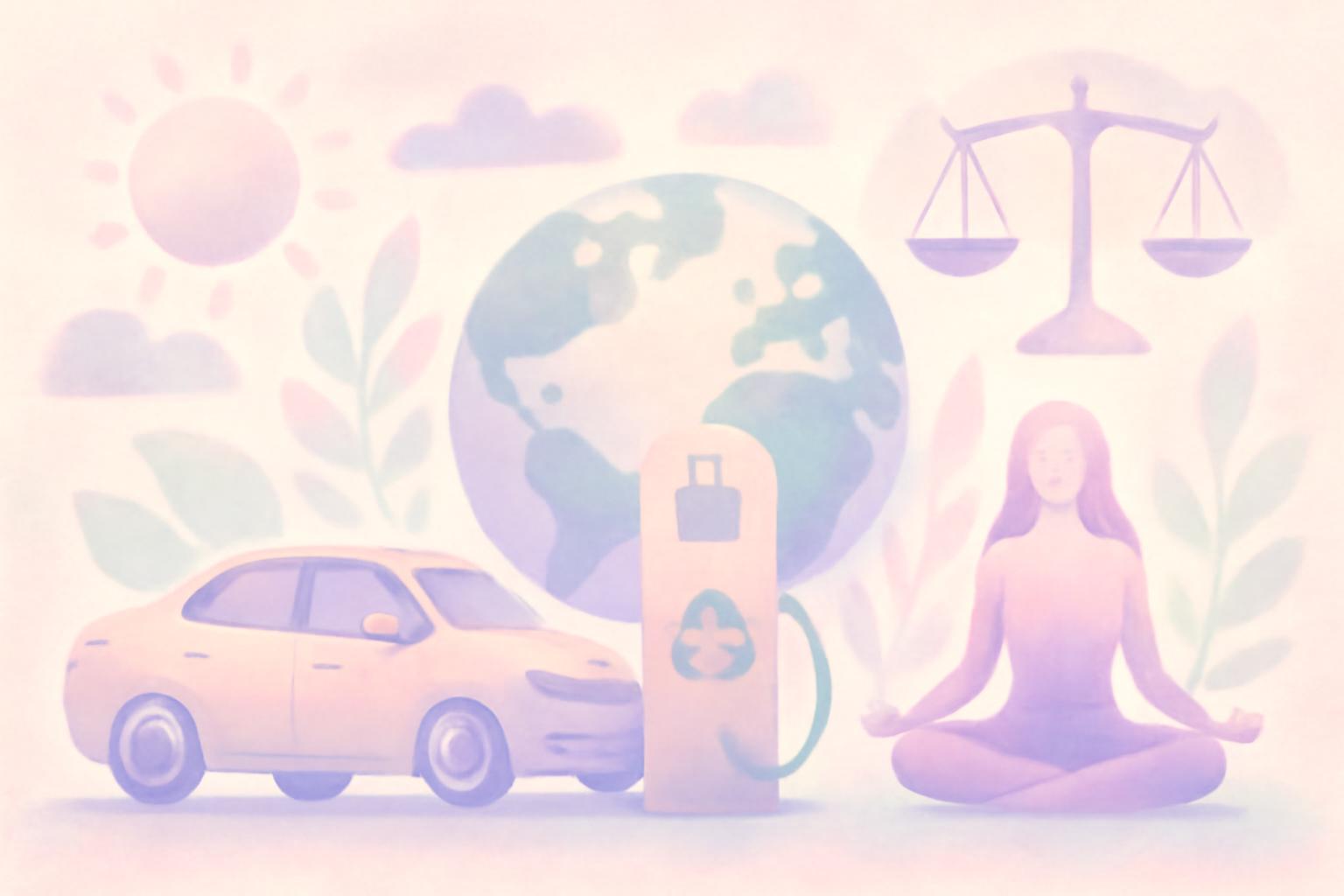Threads of trade weave a new pattern on Europe’s roads as Chinese automakers send more plug-in hybrids across the seas, a response to the tangle of tariffs on pure electric cars. In the first half of 2025, about 33,000 plug-in hybrids found homes in the EU, a rise of roughly 364% from the year before. BYD alone delivered around 20,000 of these hybrids in that window—more than three times their total for all of 2024—while Lynk & Co registered about 4,000 plug-in SUV 01 units, compared with roughly 6,000 for all of 2024. The European Commission’s duties, reaching up to 45% on China-made EVs, have nudged manufacturers to pivot: expanding production in Europe and exporting hybrids that largely dodge the higher levies. Analysts say many brands shifted toward models not subjected to the extra charges, and some EU lawmakers whisper about tightening rules, including potential anti-dumping measures on plug-in hybrids.
Yet these numbers gleam with the shine of progress while masking a deeper wound. They reveal a planetary debt we have long refused to reckon: the colonial habit of treating lands and peoples as resources to be extracted and markets to be captured. The push to export, to mine, to assemble in distant factories, to bend policy to growth fantasies—this is not a clean, green salvation but a familiar script dressed in new green fabrics. The battery’s promise rests on minerals—cobalt, nickel, lithium—often mined under harsh conditions, sometimes at the cost of communities’ health, rights, and sovereignty. Tariff gymnastics do not heal the scars of imperial expansion; they merely move the wound from one ledger line to another.
Meanwhile, the toxic creed of capitalism—the worship of quarterly gains, the commodification of mobility, the outsourcing of pollution—continues to guide decisions that enrich a few while harming many and the living world. The rhetoric of “green progress” can conceal a continuing pattern of exploitation, displacement, and environmental degradation that falls hardest on frontline communities and on Mother Earth herself.
But there is another script waiting to be written. Let us demand a just transition that centers human dignity and ecological integrity. Transparent, living supply chains; responsible mining with real protections for workers and land; batteries that are reused, recycled, and reprocessed; true local manufacturing with fair wages; and policy choices that address historical harms with reparations and a restoration of stewardship to communities most connected to the land. Let Europe and the world choose not merely to relocate production, but to reorient innovation toward healing—toward systems that nurture forests, rivers, soil, and the people who tend them.
May these shifts become a blessing rather than a burden; may we meet the road with courage to heal, to share, to care for the planet that breathes us into being.
